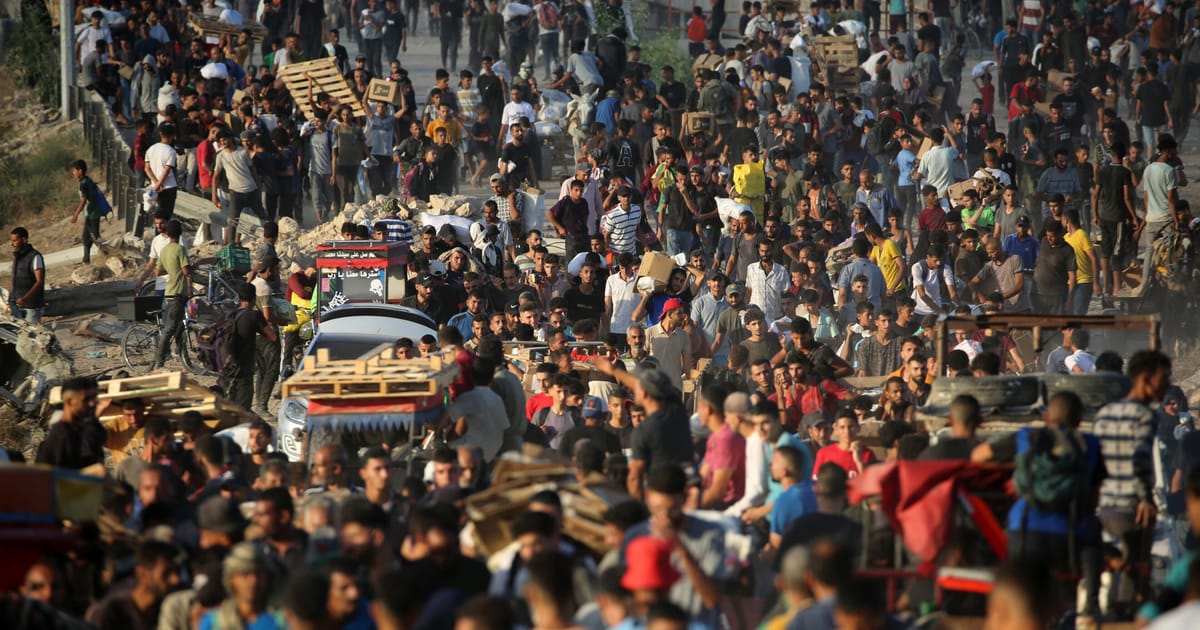

The Middle East continues to wrestle with a myriad of challenges as recent developments in Gaza, Sudan, Syria, and Lebanon paint a complex picture of the region’s ongoing struggles. Despite the volatile situations, it is essential to navigate these issues with clarity and focus, understanding the human and geopolitical dimensions involved.
In Gaza, a distressing incident at a humanitarian aid center has resulted in the tragic loss of twenty Palestinian lives. The Gaza Humanitarian Foundation, tasked with providing vital resources, acknowledged the incident near its site. According to reports, crowded conditions led to a chaotic surge when the foundation’s security personnel allegedly used teargas or pepper spray. This unfortunate event underscores the pressing need for effective management at aid distribution points to safeguard those reliant on humanitarian support.
Meanwhile, in Sudan, the conflict between the Rapid Support Forces (RSF) and the Sudanese Army has intensified. Almost 300 individuals have reportedly died as RSF forces raided villages in North Kordofan. The conflict, which has persisted since April 2023, remains a focal point of humanitarian concern. It shines a light on the impact of prolonged strife on civilian populations and the need for concerted efforts towards long-term peace and stability.
In Syria, tensions have escalated following Israeli airstrikes targeting government forces. Israel’s defense minister issued an emphatic warning to Syria, as airstrikes hit the Druze-majority region of Sweida. These strikes are part of a broader operation aimed at countering perceived threats, including Hezbollah targets in Lebanon’s Bekaa Valley, which further complicates an already intricate geopolitical landscape. The resulting unrest has led to substantial casualties, highlighting the persistent volatility in the region.
In a related context, misinformation has increasingly shaped perceptions of the ongoing conflict between Israel and Iran. Disinformation has emerged as a significant challenge, further muddying the waters of public understanding. Efforts to mitigate disinformation are crucial to foster a more accurate and balanced discourse regarding these conflicts.
Each of these situations reflects distinct yet interconnected narratives that shape the Middle Eastern geopolitical climate. They highlight the critical importance of balanced and compassionate approaches to addressing both immediate crises and underlying systemic issues. As the international community continues to engage with these challenges, the focus should remain on alleviating human suffering and promoting sustainable peace through dialogue and cooperation.
In navigating these unfolding events, it becomes evident that beyond the headlines, there are deeply human stories of resilience and hope. Transforming the intricate web of regional conflicts into pathways for peace requires a shared commitment to understanding and addressing the root causes, fostering environments where communities can thrive in peace and dignity.
Source: {link}
